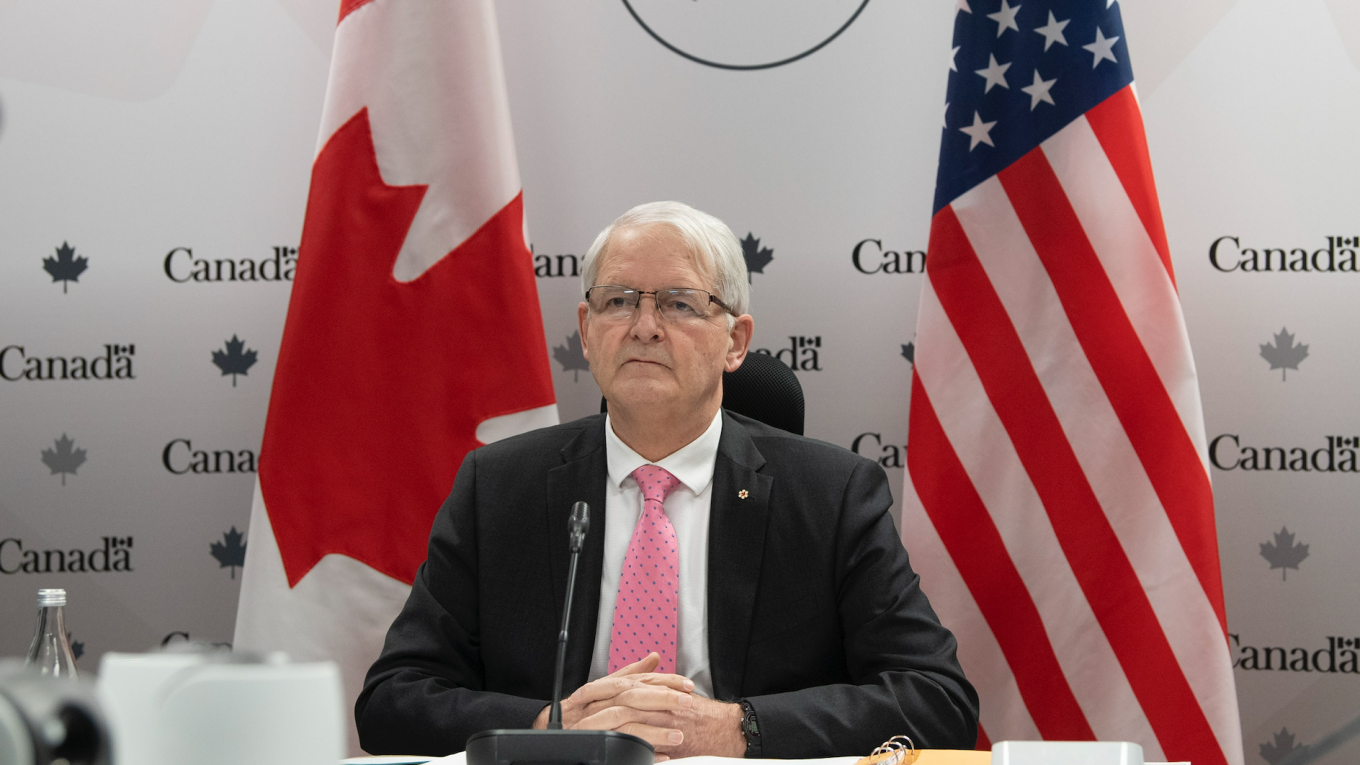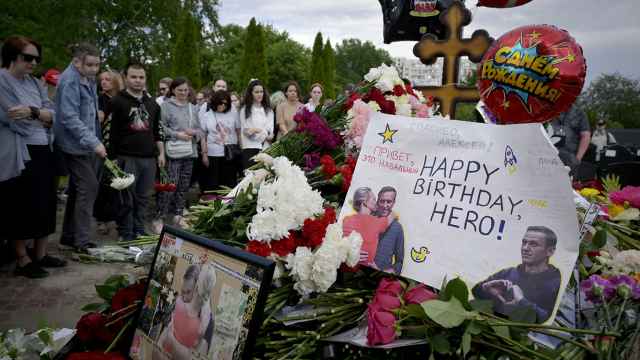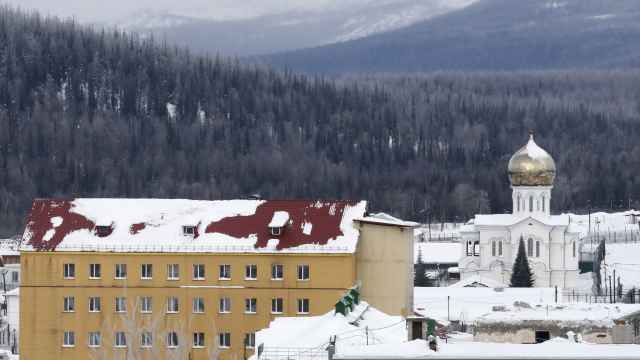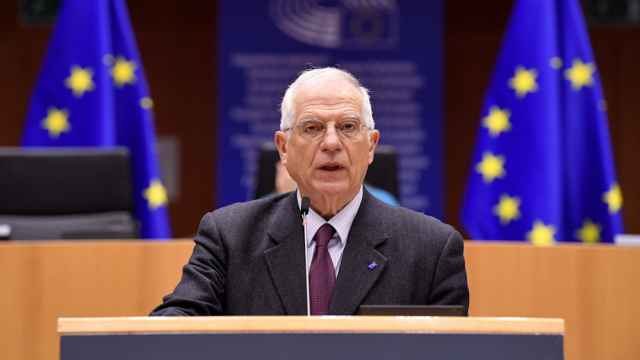Canada on Wednesday slapped new sanctions against nine Russian officials on Wednesday in response to "gross" rights violations and silencing of Kremlin critics including Alexey Navalny, who was poisoned and jailed.
The measure follows similar actions taken earlier this month by the European Union and the United States.
"The Russian government has repeatedly shown its unwillingness to respect the basic rights of its own people," Foreign Minister Marc Garneau said in a statement.
He said Canada and its allies will continue to increase pressure on Moscow to release Navalny -- a central figure of Russia's opposition movement who survived a near-fatal poisoning with a Novichok nerve agent last year -- and his supporters "who have been unlawfully detained."
"Russia's gross human rights violations will not go unanswered," he said.
Navalny was immediately detained after returning in January from treatment in Germany, drawing widespread Western condemnation, with the U.S. and EU calling for his release.
The anti-corruption crusader was sentenced the following month and is now serving a two-and-a-half-year jail term in a penal colony outside Moscow for violating parole while abroad.
The Canadian sanctions target Russian Federal Security Service (FSB) director Alexander Bortnikov; Igor Krasnov, chief lawyer who prosecuted Navalny; head of prisons Alexander Kalashnikov; senior staff in President Vladimir Putin's office and defense officials.
Russia denounced the sanctions and promised to respond in kind.
"It goes without saying that this hostile step that is harming already difficult bilateral relations will not be left without an adequate answer," said the Russian Embassy in Ottawa.
"Ottawa should think about its own human rights violations including systemic violence against indigenous people and manifestations of racial discrimination," the embassy said in a statement carried by state news agency RIA Novosti.
Kremlin spokesman Dmitry Peskov called the sanctions illegal and said Putin had no plans to speak by phone to Canadian Prime Minister Justin Trudeau.
A Message from The Moscow Times:
Dear readers,
We are facing unprecedented challenges. Russia's Prosecutor General's Office has designated The Moscow Times as an "undesirable" organization, criminalizing our work and putting our staff at risk of prosecution. This follows our earlier unjust labeling as a "foreign agent."
These actions are direct attempts to silence independent journalism in Russia. The authorities claim our work "discredits the decisions of the Russian leadership." We see things differently: we strive to provide accurate, unbiased reporting on Russia.
We, the journalists of The Moscow Times, refuse to be silenced. But to continue our work, we need your help.
Your support, no matter how small, makes a world of difference. If you can, please support us monthly starting from just $2. It's quick to set up, and every contribution makes a significant impact.
By supporting The Moscow Times, you're defending open, independent journalism in the face of repression. Thank you for standing with us.
Remind me later.






